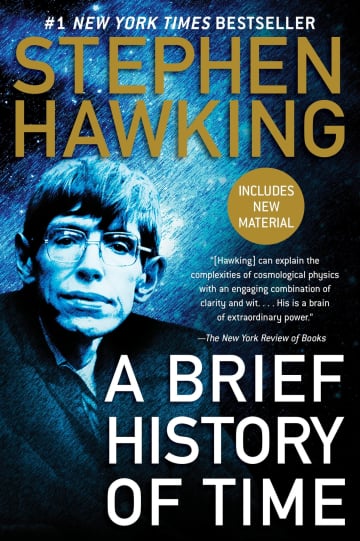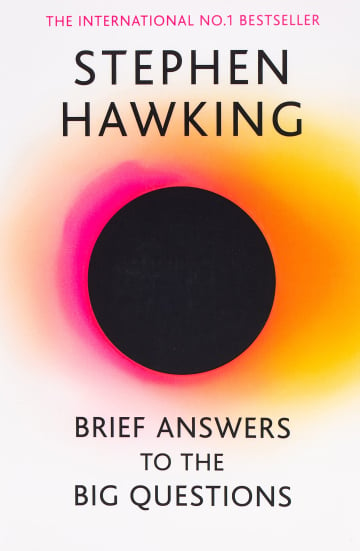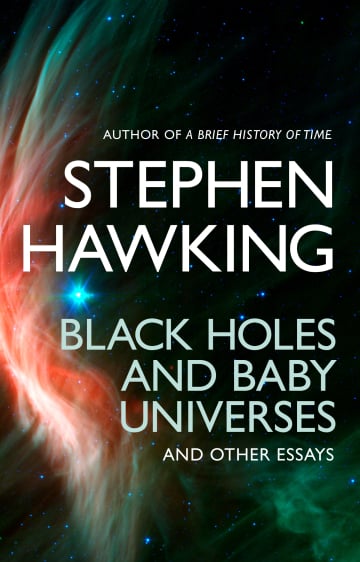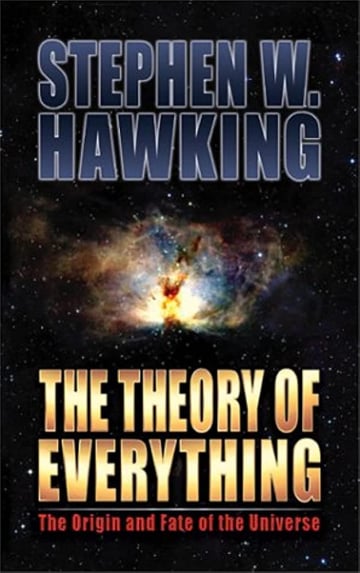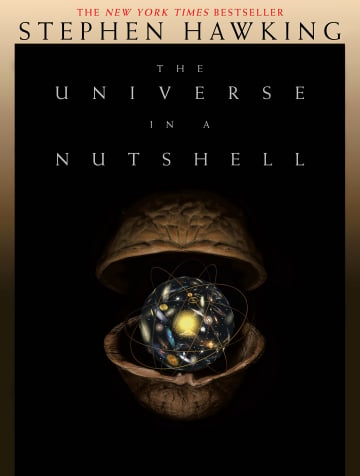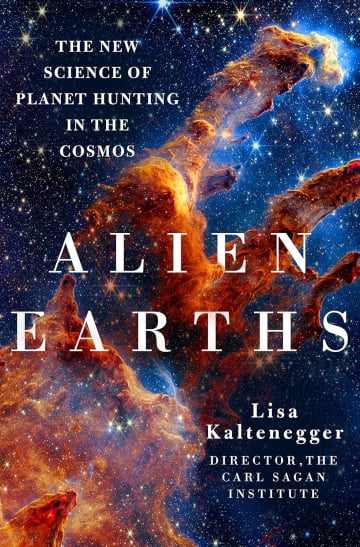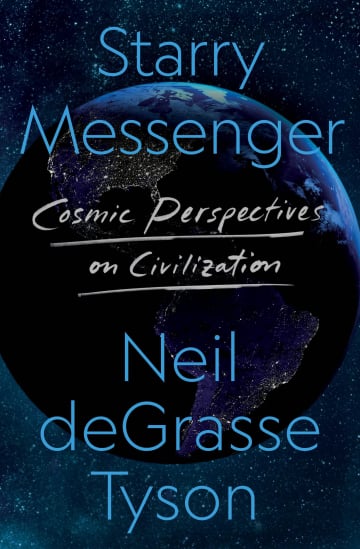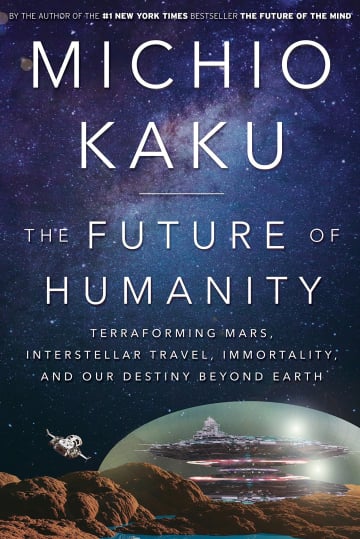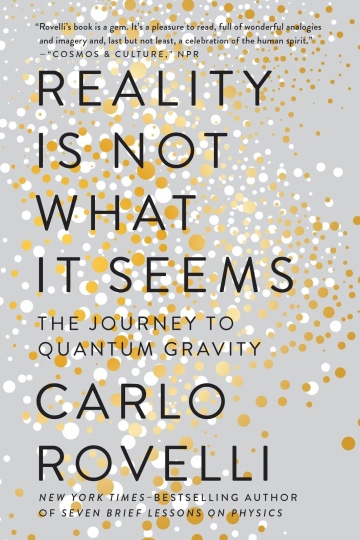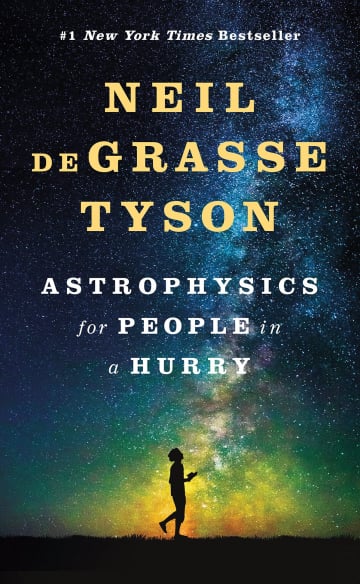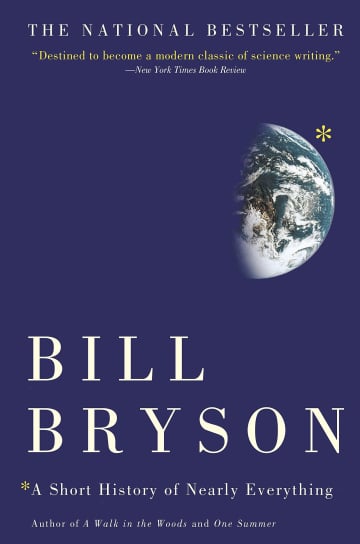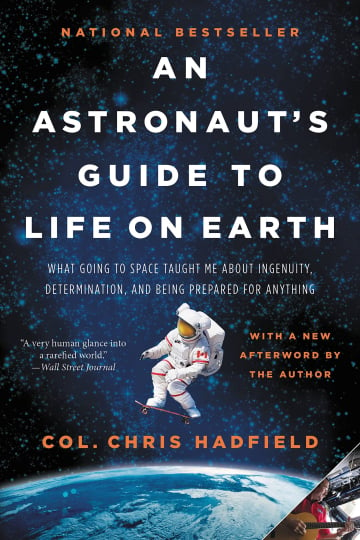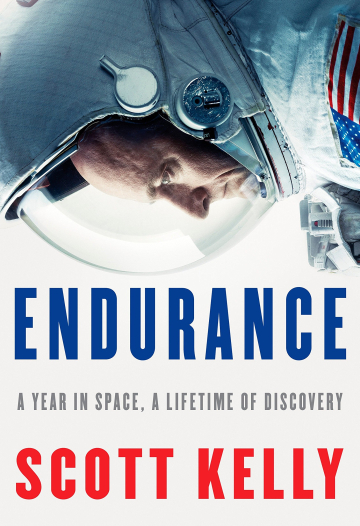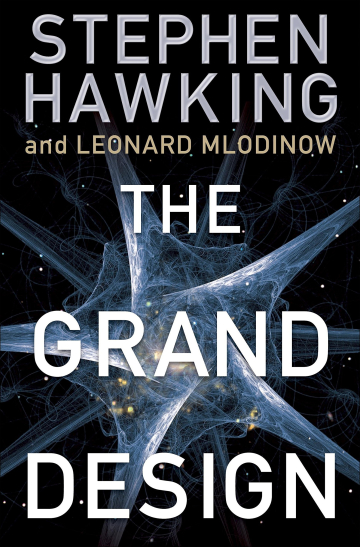
The Grand Design
⚡️ 10 Quotes from the book
“Philosophy is dead. Philosophy has not kept up with modern developments in science, particularly physics.”
“Each universe has many possible histories and many possible states at later times, that is, at times like the present, long after their creation.”
“The human capacity for guilt is such that people can always find ways to blame themselves.”
“It is hard to imagine how free will can operate if our behavior is determined by physical law, so it seems that we are no more than biological machines and that free will is just an illusion.”
“Both observer and observed are parts of a world that has an objective existence, and any distinction between them has no meaningful significance. In other words, if you see a herd of zebras fighting for a spot in the parking garage, it is because there really is a herd of zebras fighting for a spot in the parking garage.”
“The universe doesn’t have just a single history, but every possible history, each with its own probability.”
“Ten dimensions might sound exciting, but they would cause real problems if you forgot where you parked your car.”
“We create history by our observation, rather than history creating us.”
“Spontaneous creation is the reason there is something rather than nothing, why the universe exists, why we exist. It is not necessary to invoke God to light the blue touch paper and set the universe going.”
“Because there is a law like gravity, the universe can and will create itself from nothing.”
Related videos
Publications
The Guardian: Hawking and Mlodinow's new theory is about life, the universe and everything – except God
The Wall Street Journal: The 'Why?' Questions, Chapter and Multiverse
Los Angeles Times: Book review: ‘The Grand Design’ by Stephen Hawking and Leonard Mlodinow
The Guardian: The Grand Design: New Answers to the Ultimate Questions of Life by Stephen Hawking and Leonard Mlodinow

